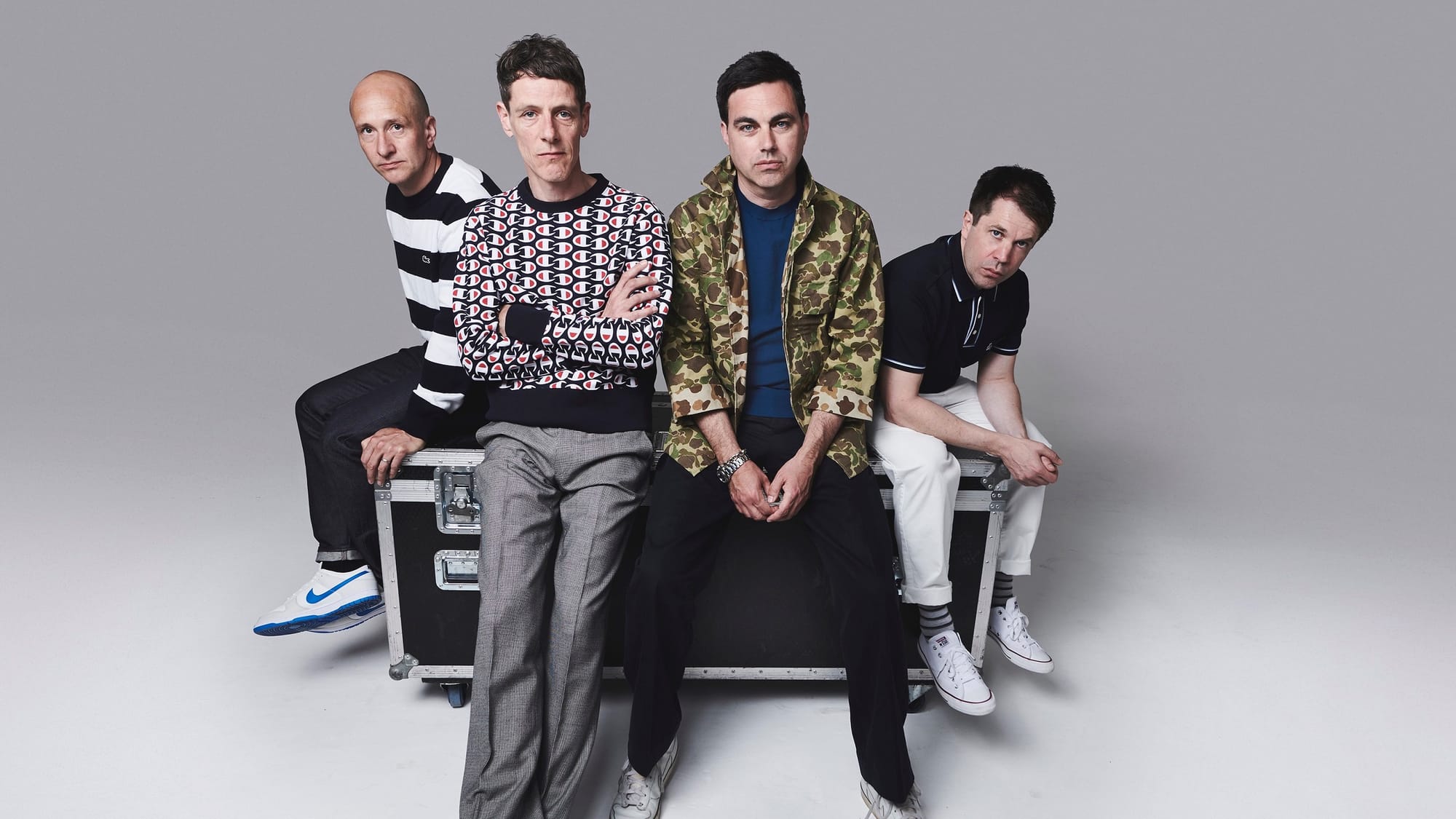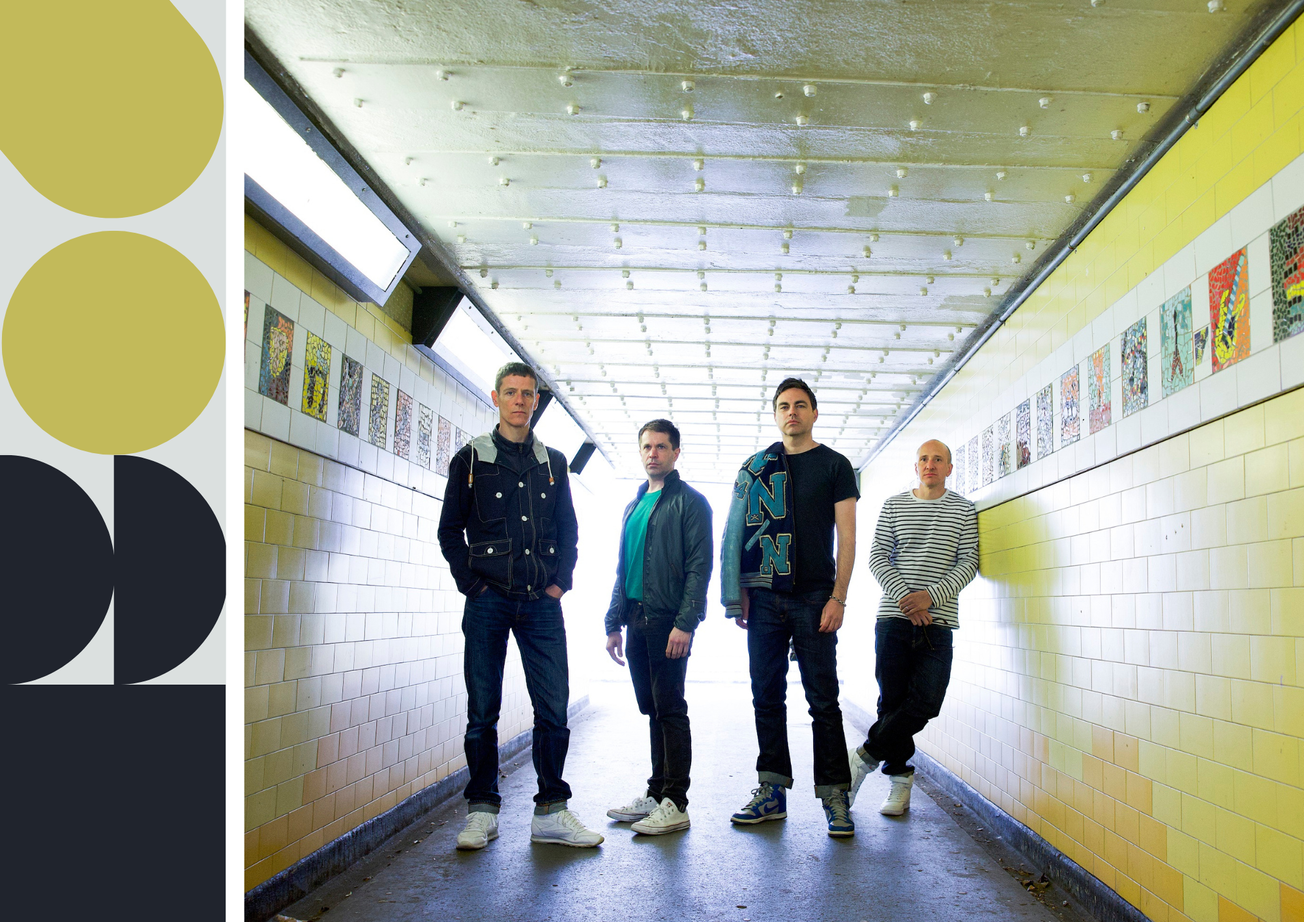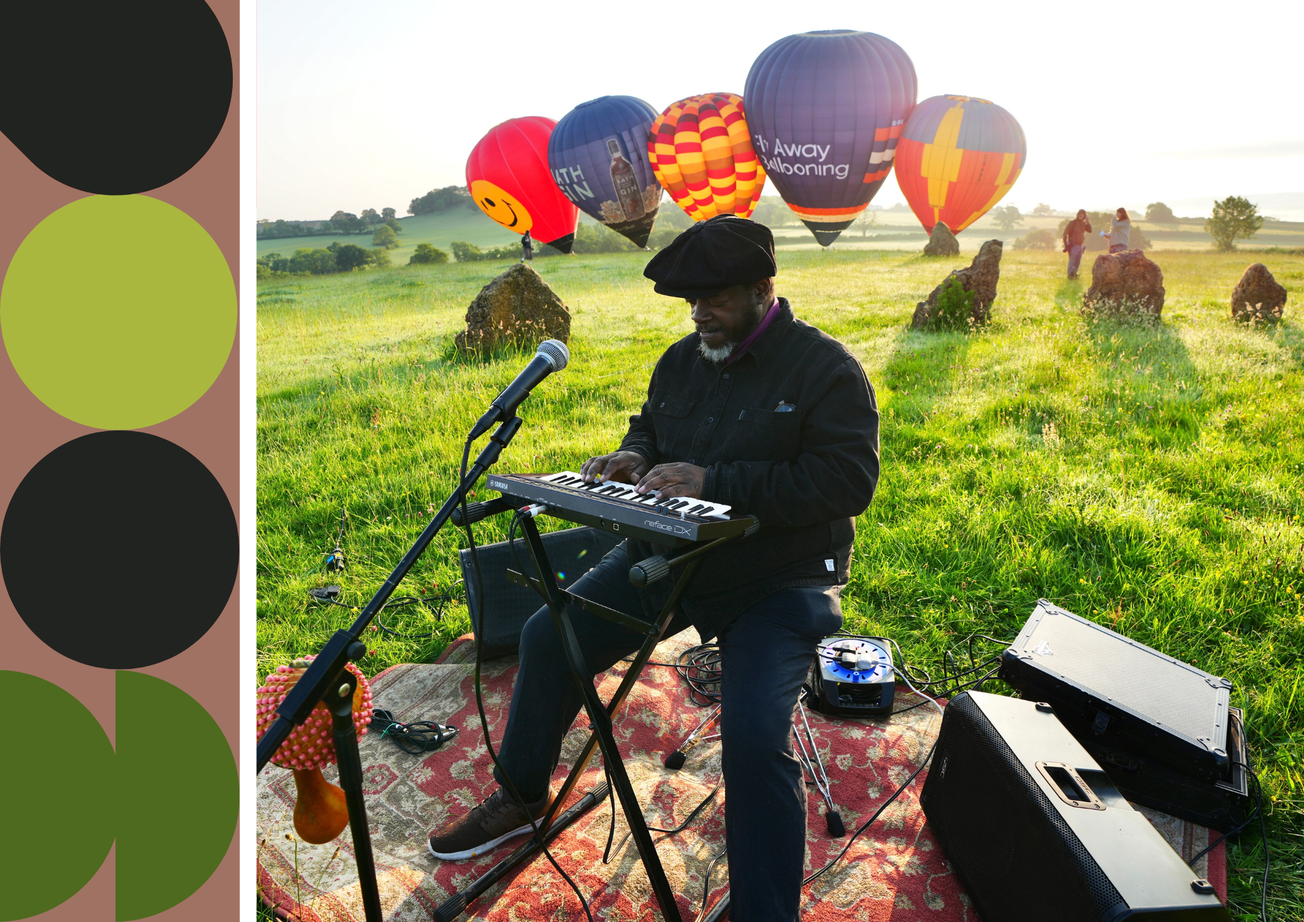By Sean Lawrenson, Deputy Sports Editor
As I'm sat on a zoom call with Richard Archer, my first question is the classic go-to in any conversation when you’re nervous: ‘how are you?’ Immediately, Archer makes me feel at ease, describing how he had been out the night previous and was feeling a little worse for wear, he remained upbeat nonetheless.
Our conversation begins with the highly anticipated EP Don’t Go Making Plans, and I ask Archer about the title track. Its discussions of protests and uprising feel ever relevant to a younger, student demographic, ‘a lot of the themes, are just as relevant now, if not more so.
There’s a line in there at the end (of don’t go making plans) which goes “too broke to eat and nowhere to dance” [...] when I started writing Stars of CCTV, there were places to go … now those places have gone, they’re flats. And I often wonder, if you’re younger, how do you survive? How do you go out there and have those formative experiences?"
Archer shows an awareness which I was, perhaps naively, not expecting. He naturally comes across as articulate, but his responses to my questions have so much passion behind them, so much drive and determination, as if he is saying ‘this doesn’t need to be the state of the country, that there is another way.’
We speak about music venues and the joys of going out and finding places to enjoy live music, but he recognises that ‘anything that isn’t corporate just can’t survive. So anything that is a little bit underground struggles, but I’m sure there are people trying to make it work.’
I ask Archer what advice he would give if he was beginning music now, in an age so different to when Hard-Fi first broke out in the early 2000’s 'you could quite easily be negative because it’s really hard – it should be easier. The internet should be this amazing tool so they can get their music out to loads of different people and bypass labels.’
He draws a parallel between the opportunities available to aspiring musicians and the roots in which Stars of CCTV was borne.
‘Our first album was made on a laptop in an old cab office. Now, the stuff you can do on a laptop is incredible, but it seems the major labels have the streaming thing wrapped up quite tight. Small grassroots venues where you can go and learn your craft are harder and harder to find [...] if you want to do it, just don’t give up.’
This sentiment rings out throughout our conversation. He uses an unusual, but striking comparison, paraphrasing Arsene Wenger’s - former Arsenal manager - belief that the young footballers who made it through the academy weren’t always the best, ‘they were the ones who had the temperament to keep going. Just make sure you’re having fun.’

I ask him about the importance of music as a binding force, a way of bringing people together. ‘Well, I think now more than ever musicians need to help each other out. It’s that exchanging of ideas, sometimes there’s nothing like the conclusion you come to when you’re sat having a beer, or a tea’ he adds casually.
‘One of the things that really helped me with my music was meeting Wolsey White (Hard-Fi’s producer for previous albums) and we got together and just chatted and suddenly we were bouncing off each other’s ideas - surround yourself with creative, positive people.’
Hard-Fi’s decision to come back after their hiatus with new material, considering how popular a reunion tour is right now, fascinates me. I ask Archer whether there was a question of trying to tailor their new music to new fans and day-ones. ‘No I don’t think so. Sometimes what comes out just comes out.'
'There is a choice. You sit there and think how are people going to hear our music now? There probably not going to play us on radio 1, well who does? And you start thinking about where you fit’, he jokes ‘I don’t really think we fit anywhere, but maybe we just need to do what we want to do.’
As our conversation begins to draw to a close, I ask a question Archer has probably been asked far too many times during press runs in his career: 'what’s the best gig you’ve ever played/been to?' yet his response demonstrates his truly sincere passion for music, whether it be performing or experiencing it live.
It was a question I was half expecting an answer to, fully aware that Hard-Fi had once held the record (along with Bob Dylan and the Clash) for back-to-back nights at Brixton Academy with five.
‘Billy Bragg was our special guest, Mick Jones and Paul Weller came on, and all those shows were terrific, but sometimes…’ he pauses briefly, then recalls ‘we went out to South by Southwest in March.'
'We hadn’t even put a record out yet, and we had three gigs. One was behind a shop, the next we turned up to a pub and no one was there. The gear they had was really shitty, and it turned out to be an amazing gig. There was no stage, I was in the crowd. I was just really in it.’
It seems fitting that our conversation should end with an example of that binding force, that sense of community music can so effortlessly create. Hard-Fi have been a big name in the industry for some time now, but their awareness of what is going on around them shapes their music.
Their songs will almost always get people dancing, jumping up and down together; in a state where the outside world is almost on pause. Music like that, moments like the one Archer describes all those years ago at South By Southwest, that’s what it’s all about.
Featured Image: Matt CrockettDo you think the internet is a positive tool for aspiring musicians?








